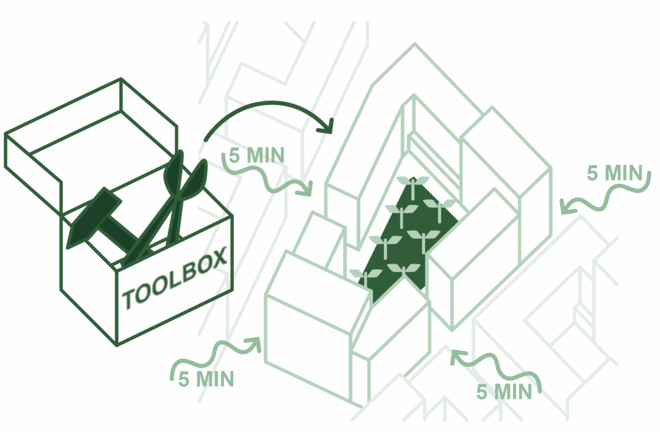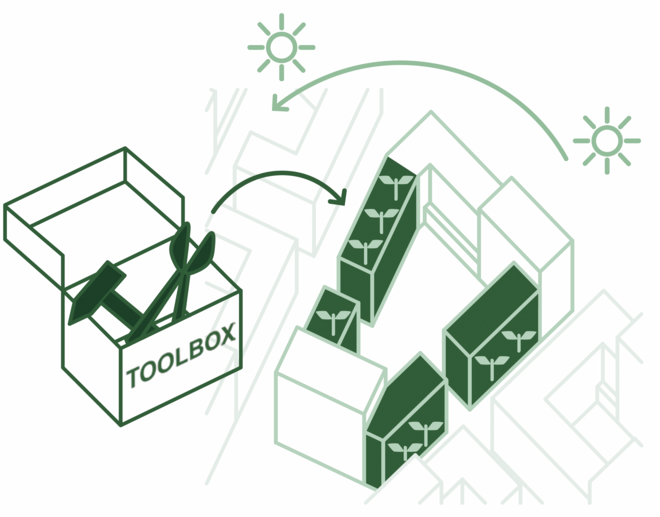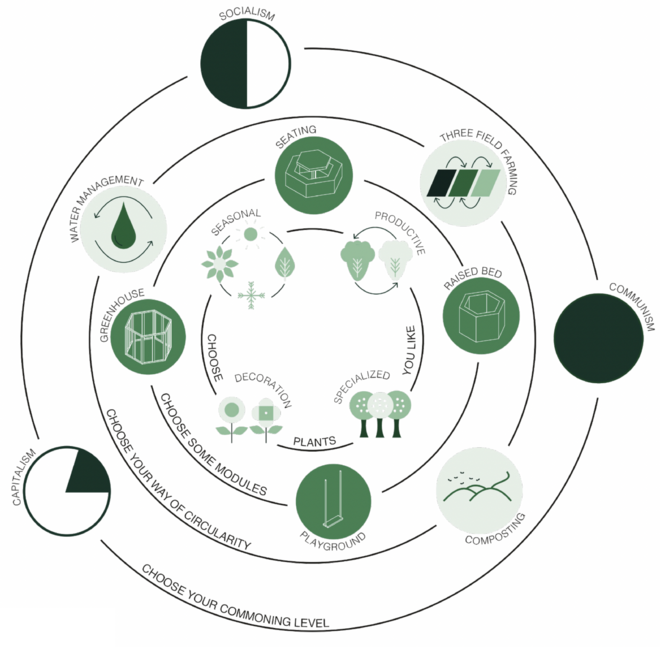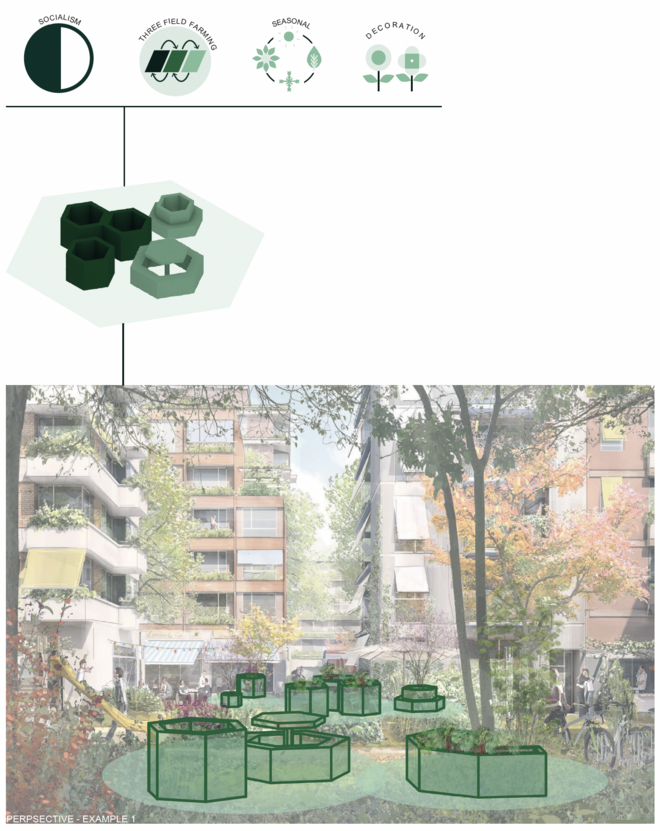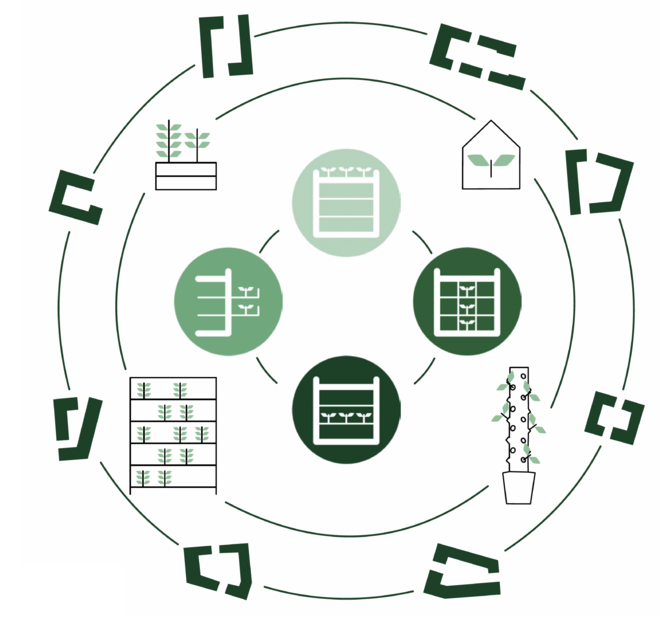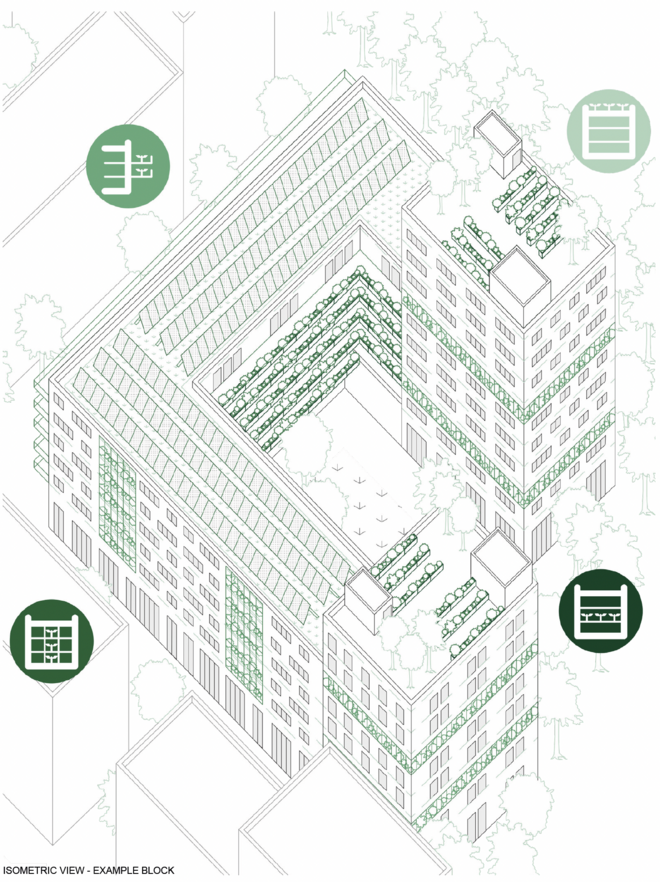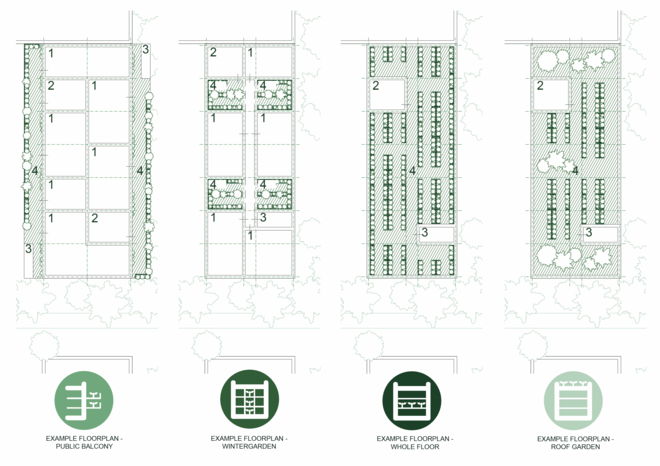Project results, events, excursions
The aim of the interdisciplinary approach in the study programme is to provide students with a holistic view of integrated approaches to urban development and to apply appropriate methods. This is implemented in a "Study Project" in the second semester, which is interdisciplinary in nature and where students practice their acquired skills on current topics with the guidance of professors. The study project focuses on a specific problem solution and combines scientific analysis methods with design and creative skills. The students' teamwork skills are promoted through collaboration in international teams. This page shows projects results, as well as excursions and events that took place within the scope of the Study Project. Furthermore, other events and smaller workshops are listed here.
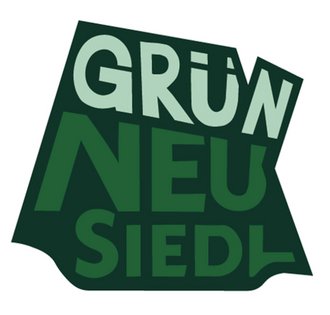
Study project: RothNEUsiedl - Planning process for a future-oriented urban development
The Study Project worked on an area located in Vienna: the “RothNEUsiedl.” This urban development aims to support the city’s urban growth with its future-oriented goals. The district is to be created as a role model not only in terms of climate resilience and adaptation but also in the promotion of social and cultural diversity. The students seeked to further develop the winning concept by worked on certain topics, one of which was urban agriculture.
In the process of urban planning, the competition format is a common procedure that can offer several benefits when well applied. It can be an inclusive process, as it often encompasses the participation of various stakeholders and actors. Moreover, this format results in several different possibilities and ideas that can actually lead to a high-quality urban space.
To understand this process better, the Study Project uses a case located in Vienna: the “RothNEUsiedl.” This urban development aims to support the city’s urban growth with its future-oriented goals. The district is to be created as a role model not only in terms of climate resilience and adaptation but also in the promotion of social and cultural diversity.
The course initially introduced the students to the case study, which involved a deep analysis of the winning project from the recently concluded urban planning competition. The focus of the analysis, as well as the final projects, was based on relevant topics identified by the city planning department as fundamental for the next planning stages: Urban Agriculture, Streetscape, Identity, Soil Value, and Implementation Process.
In the next step, the students were introduced to the wide range of topics involved in the process of an urban planning competition. During a simulated jury session, they were able to organize and experience the procedure themselves.
In the second half of the semester, the students delved deeper into their case study. An excursion to Vienna enabled them to engage with the city’s planning department and local stakeholders, as well as learn about the project site and best practice examples.
Finally, they worked on urban interventions that built upon the current planning stage and offered further
Urban Agriculture in Rothneusiedl
The GrünNEUsiedl project is a significant intervention within the new RothNEUsiedl urban development initiative in Vienna, Austria, emphasizing urban agriculture. This innovative project builds on existing initiatives to enhance and fully exploit the potential of urban agriculture in Rothneusiedl, aligning with broader goals of sustainability and community wellbeing.
At the core of this project are several key interventions aimed at improving urban agriculture: common gardens, rooftop farming, productive vertical farming, and living x vertical farming. Each of these elements is meticulously designed to maximize the productivity of urban agriculture, thereby fully utilizing the neighborhood’s green potential and fostering a more sustainable urban environment. Rooftop farming will be implemented on the roofs of both private and public buildings, serving both individual and communal purposes. These rooftops will integrate solar panels, enhancing the energy efficiency of buildings.
Moreover, rooftops not designated for farming will function as retention areas for rainwater, following the sponge-city approach.
This dual purpose use of rooftops helps in managing water resources efficiently and contributes to the overall sustainability of the urban environment. Productive vertical farming facilities will be strategically located near major transportation connections, such as highways, in larger plots and buildings with ample footprints. This placement is designed to minimize the impact of traffic and noise pollution on residential areas while providing sufficient space for logistical needs and higher production capacity. These vertical farms will also feature solar panels on their roofs, ensuring that they are energy-efficient and contribute to the renewable energy goals of the community.
Green vertical living units will be integrated within residential quarters and larger residential blocks, accommodating the extra space required for vertical farms. This innovative approach not only provides an alternative food source for residents but also integrates green spaces within living areas, enhancing the overall quality of life. By embedding these units within residential areas, the project ensures that urban agriculture is an integral part of everyday life for residents, promoting a healthier and more sustainable lifestyle.
In essence, the GrünNEUsiedl project represents a comprehensive and forward- thinking approach to urban agriculture within the RothNEUsiedl development initiative. Through a combination of common gardens, rooftop farming, productive vertical farming, and green vertical living, this project aims to create a self-sustaining and environmentally friendly urban area that maximizes green potential and enhances the quality of life for its residents.

